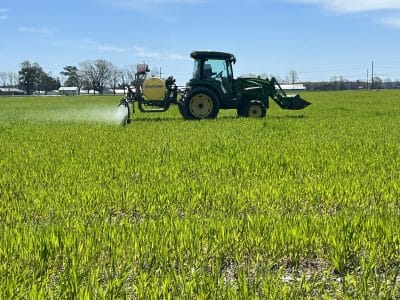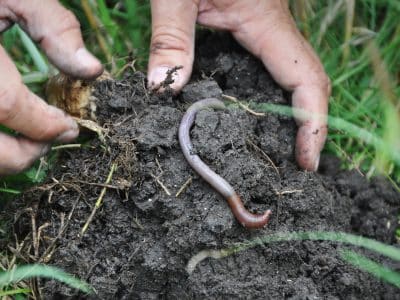Cover crops can play a significant role in a multi-tactic approach to weed management.
Dr. Norsworthy with the University of Arkansas (Area-wide project scientist) describes a three-year study conducted at multiple locations across the US, examining the influence of cereal rye termination date on the suppression of winter annual and summer annual weeds.
As herbicide-resistant weeds have spread, the interest in the use of cover crops for weed suppression has increased. An actively growing cover crop suppresses by out competing weeds for essential resources (light, nutrients, water, space). Cover crops can reduce soil temperature which can affect weed germination and seedling growth. After a cover crop is terminated, dead stems and leaves suppress weed growth by limiting the quality and quantity of sunlight that reaches the soil surface and slows the growth of weed seedlings.
Cereal rye management, in turn, can influence the effectiveness of weed suppression. Deciding when to terminate cereal rye is a critical decision on the effectiveness of cereal rye on weed suppression. Cereal rye plants accumulate biomass rapidly in the spring and delaying termination by two weeks can result in a significant increase in biomass which may provide better weed suppression.
The multiple locations for this trial will provide a much better understanding of cereal rye termination on weed suppression as well as geographic differences. The final year of this project is 2019.
Credits:
Researcher: Dr. Jason K. Norsworthy, University of Arkansas, Area-Wide project.
Edits: Claudio Rubione, MSc Area-Wide project, outreach for GROW-IWM


